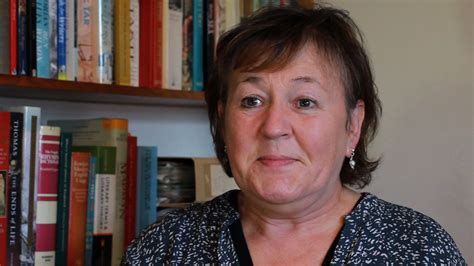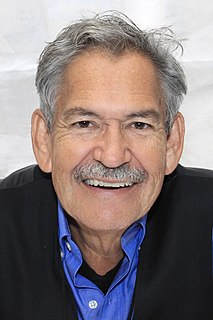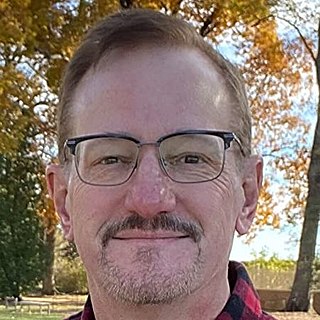A Quote by Maria McCann
I wondered at him, so wise and so foolish, to have lived with me all these months and not know that the worst storms break inside a man.
Related Quotes
I wondered what my father had looked like that day, how he had felt, marrying the lively and beautiful girl who was my mother. I wondered what his life was like now. Did he ever think of us? I wanted to hate him, but I couldn't; I didn't know him well enough. Instead, I wondered about him occasionally, with a confused kind of longing. There was a place inside me carved out for him; I didn't want it to be there, but it was. Once, at the hardware store, Brooks had shown me how to use a drill. I'd made a tiny hole that went deep. The place for my father was like that.
A man goes to the village to visit the wise man and he says to the wise man, “I feel like there are two dogs inside me. One dog is this positive, loving, kind, and gentle dog and then I have this angry, mean-spirited, and negative dog and they fight all the time. I don't know which is going to win.” The wise man thinks for a moment and he says, “I know which is going to win. The one you feed the most, so feed the positive dog.
There is no man ... however wise, who has not at some period of his youth said things, or lived a life, the memory of which is so unpleasant to him that he would gladly expunge it. And yet he ought not entirely to regret it, because he cannot be certain that he has indeed become a wise man -- so far as it is possible for any of us to be wise -- unless he has passed through all the fatuous or unwholesome incarnations by which that ultimate stage must be preceded.
Much has been said of the loneliness of wisdom, and how much the Truth seeker becomes a pilgrim wandering from star to star. To the ignorant, the wise man is lonely because he abides in distant heights of the mind. But the wise man himself does not feel lonely. Wisdom brings him nearer to life; closer to the heart of the world than the foolish man can ever be. Bookishness may lead to loneliness, and scholarship may end in a battle of beliefs, but the wise man gazing off into space sees not an emptiness, but a space full of life, truth, and law.
Cal," I whisper into her sleep, "if you go, you know what? You'll break my liver." I want to pretend that it's a joke, that she will wake up and laugh with me, throwing her head back the way she did last night, bit this time the words are true . . . she will break my liver, break my heart, kill everything inside alive inside me.
There are four types of men in this world: 1. The man who knows, and knows that he knows; he is wise, so consult him. 2. The man who knows, but doesn't know that he knows; help him not forget what he knows. 3. The man who knows not, and knows that he knows not; teach him. 4. Finally, there is the man who knows not but pretends that he knows; he is a fool, so avoid him.
You know the worst thing is freedom. Freedom of any kind is the worst for creativity. You know, Dali spent two months in jail in Spain, and these two months were the most enjoyable and happy in my life. Before my jail period, I was always nervous, anxious. I didn't know if I should make a drawing, or perhaps make a poem, or go to the movies or the theatre, or catch a girl, or play with the boys. The people put me in jail, and my life became divine. Tremendous!







































